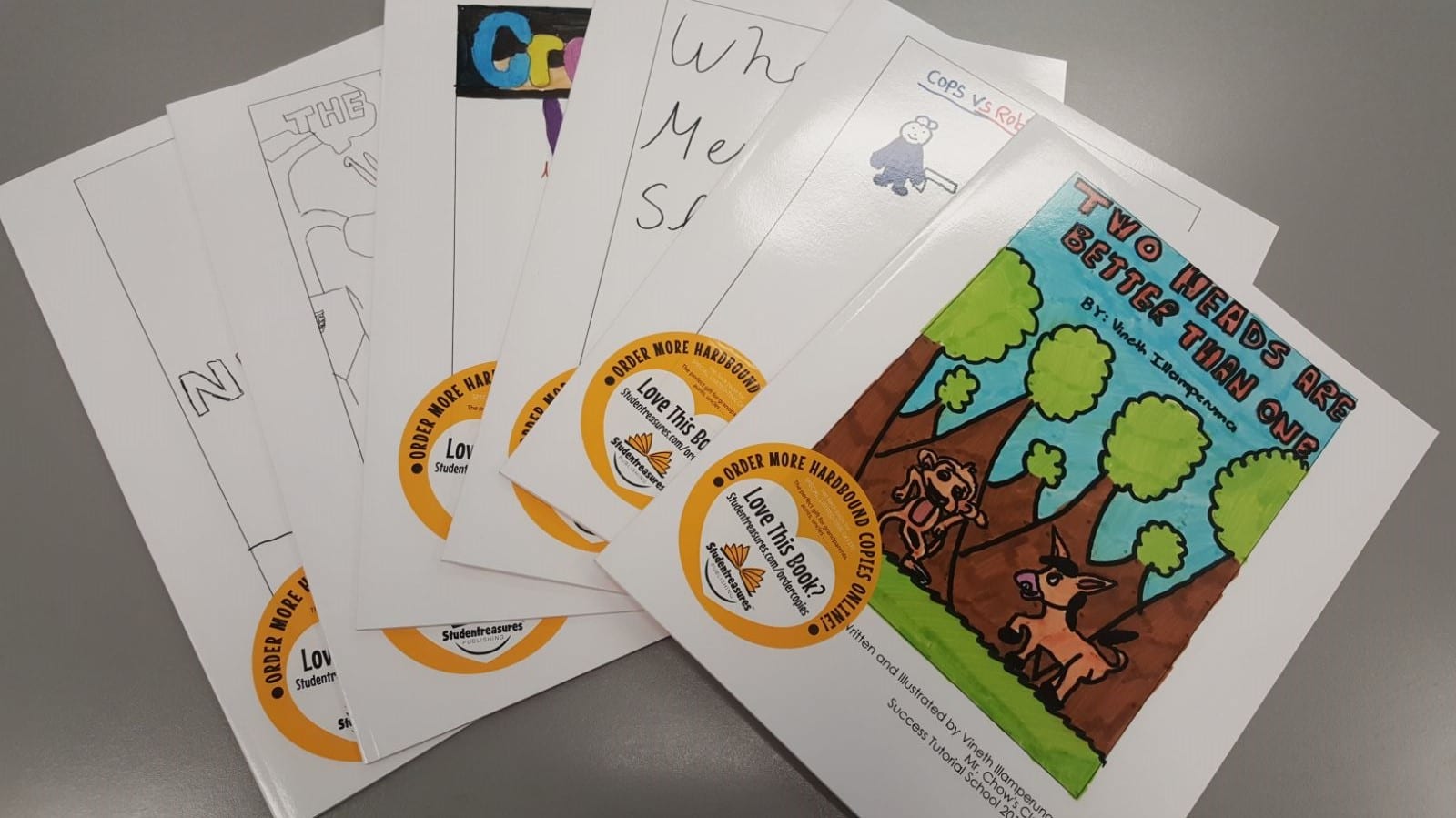
If you’re looking to upgrade your English level and enjoy a book at the same time, we’ve got the best tips and tricks for you. It is highly recommended to discover the ideal type of book that will keep you interested, because it can make a big difference in how well you learn English. There are so many for books out there to choose from, how do you find the one that is perfect for you? In this post, we’ll share some amazing tips to help you find the perfect books to super upgrade your English level while having a great time. Let’s begin!
- Assess Your Current Level: Before diving into the world of books, assess your current English level. Are you a beginner, intermediate, or advanced learner? Knowing where you stand will help you select books that are challenging yet not overwhelming.
- Set Clear Goals: Determine your specific language goals. Are you looking to expand your vocabulary, improve grammar, or enhance your reading comprehension? Clear goals will steer you towards the right type of books.
- Start with Children’s Books: If you’re a beginner, don’t try to avoid children’s books. They are written with simple language and engaging stories, making them perfect for language learners. Classics like “Where the Wild Things Are” by Maurice Sendak or “Green Eggs and Ham” by Dr. Seuss are great books to start with.
- Choose Topics of Interest: Select books on topics that genuinely interest you. When you’re engaged in the subject matter, reading becomes enjoyable, and you’ll be more likely to stay committed. If you love history, try reading historical fiction or non-fiction books related to periods you find fascinating.
- Consider Book Length: For beginners, shorter books are less daunting. Gradually increase the length as you gain confidence in your English skills. Look for novellas or short story collections to begin with.
- Explore Graded Readers: Graded readers are books specifically designed for language learners at different skill levels. They come with vocabulary and grammar support, making them excellent language-learning tools. Publishers like Oxford University Press and Cambridge University Press offer graded readers suitable for various levels.
- Utilize Book Reviews: Read book reviews or summaries to get an idea of the book’s difficulty level and content. Websites like Goodreads and Amazon are great sources for such reviews. Look for books that are reviewed positively for their engaging storytelling and readability.
- Use Sample Pages: Many online bookstores offer sample pages to read before purchasing. Take advantage of this feature to understand the book’s language complexity. This allows you to assess whether the book matches your current language skills.
- Try Dual-Language Books: Dual-language books have the text in both English and your native language. They can be helpful for understanding context and meaning. These books enable you to compare the English text with your native language, aiding comprehension.
- Join Reading Communities: Connect with other language learners through online forums or social media groups dedicated to language learning. They can recommend books and share their reading experiences. Platforms like Reddit have active communities discussing language learning and book recommendations.
- Consider Audio Books: Audio books allow you to listen to the story while following along with the text. This combination improves listening and reading skills simultaneously. Listening to native speakers narrate the story enhances pronunciation and intonation.
- Explore Different Genres: Don’t limit yourself to one genre. Explore a variety of genres like fiction, non-fiction, fantasy, mystery, or romance. Each genre offers unique language experiences. If you love books in the science fiction category, try reading books by authors like Isaac Asimov or Philip K. Dick.
- Ask for Recommendations: Seek recommendations from teachers, tutors, or language exchange partners. They might suggest books that align with your learning goals. Language instructors often know which books work well for language learners.
- Read Classic Literature: Classic English literature provides a rich language experience and cultural insight. Start with abridged versions if the original texts seem too challenging. Works by Jane Austen, Mark Twain, and Charles Dickens are timeless classics worth exploring.
- Keep a Vocabulary Journal: While reading, jot down unfamiliar words and their meanings in a vocabulary journal. Review it regularly to reinforce new vocabulary. This practice aids in word retention and allows you to track your progress.
- Practice Active Reading: Engage in active reading by underlining key phrases, making notes, or summarizing chapters. This helps with comprehension and retention. Take notes on character development, plot points, or any unfamiliar expressions.
- Read Aloud: Reading aloud improves pronunciation and fluency. Challenge yourself by reading aloud even when you’re alone. By reading aloud, you train your mouth and tongue to produce English sounds accurately.
- Join Book Clubs: Participate in book clubs or reading circles with fellow learners. Discussing books in a group setting enhances language skills through conversation. Engaging in thoughtful discussions broadens your understanding of the material.
- Monitor Your Progress: Keep track of the books you’ve read and your language progress over time. Reflect on how far you’ve come along the way as a form of self encouragement! Maintain a list of books you’ve completed and note any improvements in your English language abilities.
- Don’t Get Discouraged: Learning a language takes time and effort. Don’t be discouraged by occasional difficulties. Embrace the learning process and celebrate your achievements. Be patient with yourself, and remember that language learning is a journey, not a race.
Remember, finding the right books to improve your English is an exciting journey of exploration. Enjoy the process, and don’t be afraid to experiment with different tricks that works best for you. If you want


